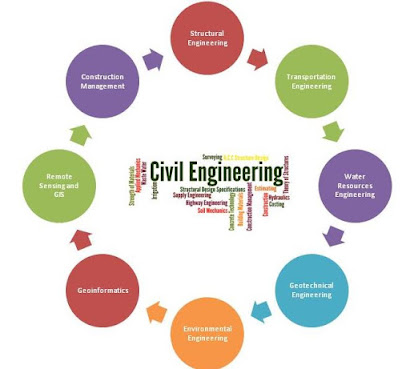Reverse osmosis water treatment-Good, Bad, and the alternative
- Get link
- X
- Other Apps
Reverse osmosis water treatment system
A reverse osmosis water treatment system is not my first choice as far as home water filters go and I'll explain why in this article. First of all, let me say almost all water treatment systems do some good. When thinking of which system to use find out which system gets more impurities out and will give you the most for your money.
Problems With Reverse Osmosis
Consider the reverse osmosis water treatment system it gets out many impurities, but it is expensive and expensive to use. It also uses about three gallons of water to purify one gallon, which is wasteful and obviously will run your water bill up.
Another problem with reverse osmosis water treatment systems is that they demineralize the water. Though some studies conclude that is not harmful and some studies conclude it is harmful, it seems more logical to keep the minerals in and just take the toxic substances out. There isn't a spot on our planet where water is naturally without minerals like calcium, magnesium, and potassium. The World Health Organization states, "drinking water should contain minimum levels of certain essential minerals."
What They Can't Remove
A reverse osmosis water treatment system isn't a good system for removing synthetic chemicals from tap water. The reason is that reverse osmosis removes particles or things according to their molecular size. Almost all synthetic chemicals are smaller molecularly than water. This makes reverse osmosis ineffective in their removal.
Comparing the performance of each product to the others is a simple matter of reviewing the product data sheet for each one. The information should be on each company's website, if not and you can't get the information its best to mark that one off of your list.
Other Alternatives
You may want to consider one of the qualities of home water filters that are available. A quality home water filter does a better job than reverse osmosis is much less expensive and comes in many different forms. You can get a simple countertop unit, an under-sink unit, or a whole house water filter that protects all the water entering your home. Consumers Digest is a good place to begin your search if you are interested in looking for the best quality home water filters.
- Get link
- X
- Other Apps



Comments
Post a Comment